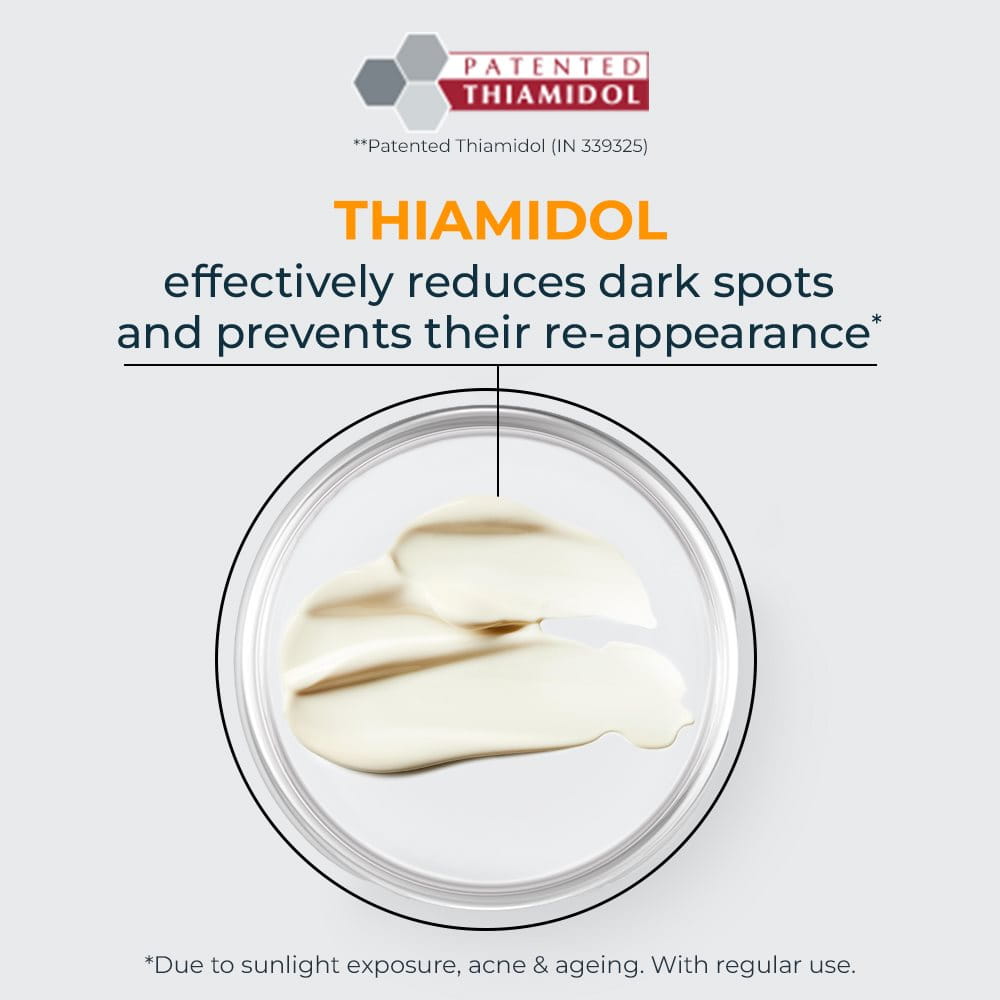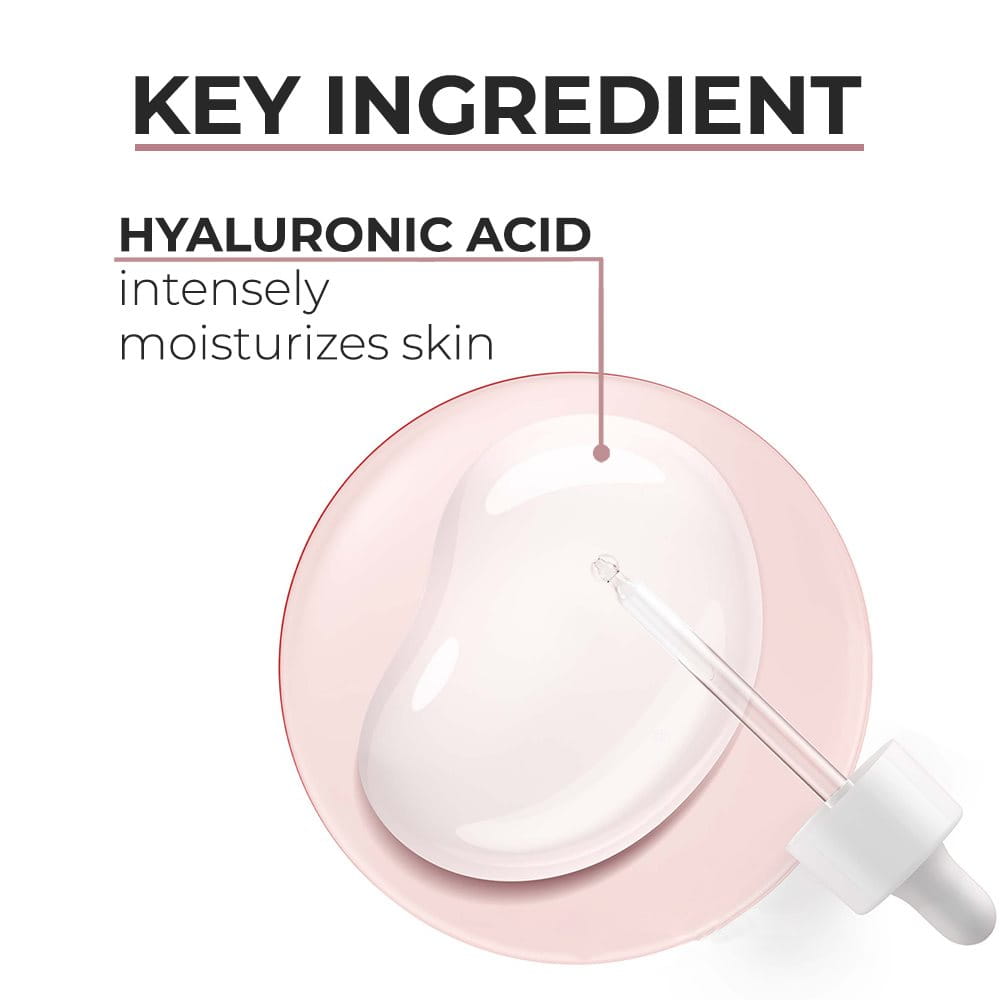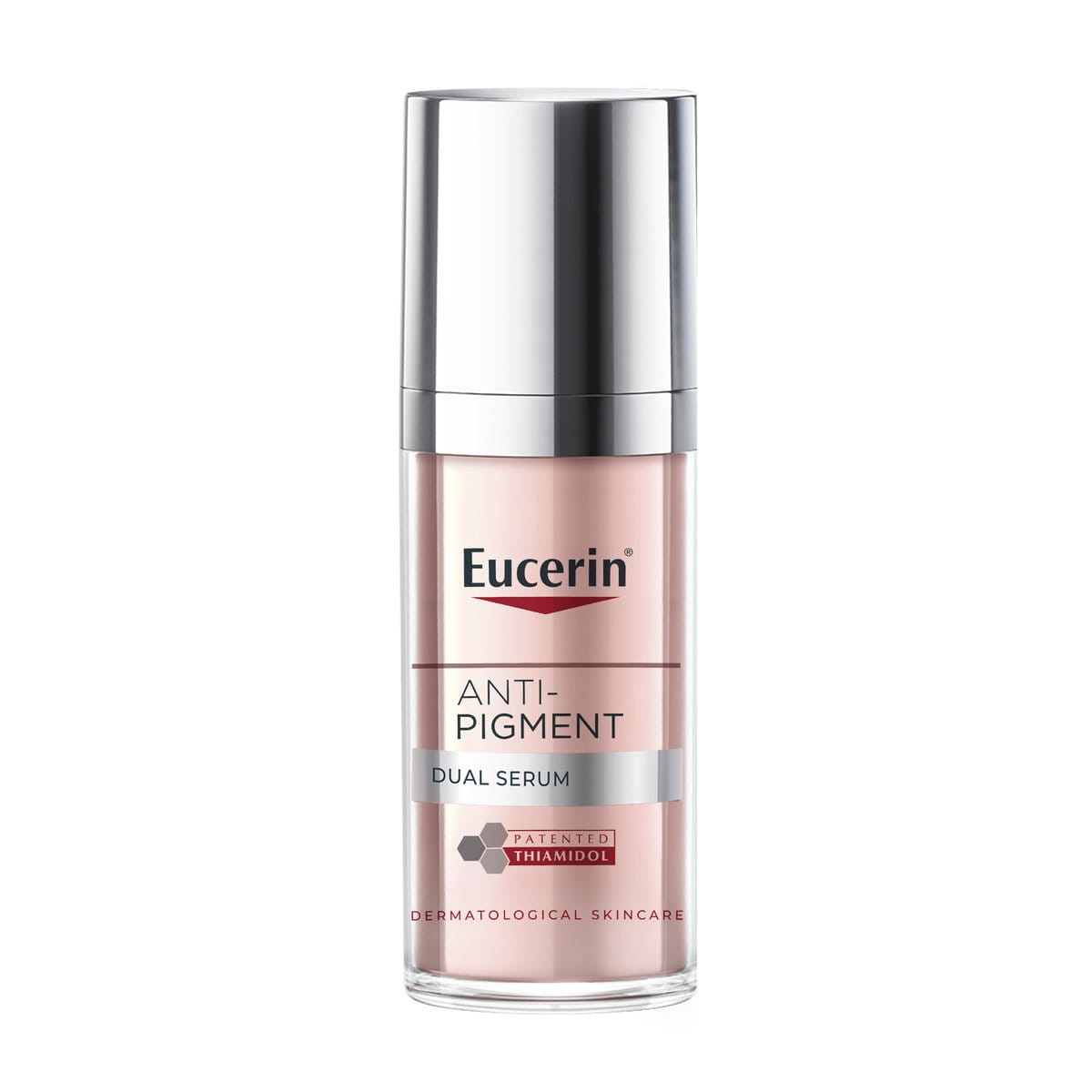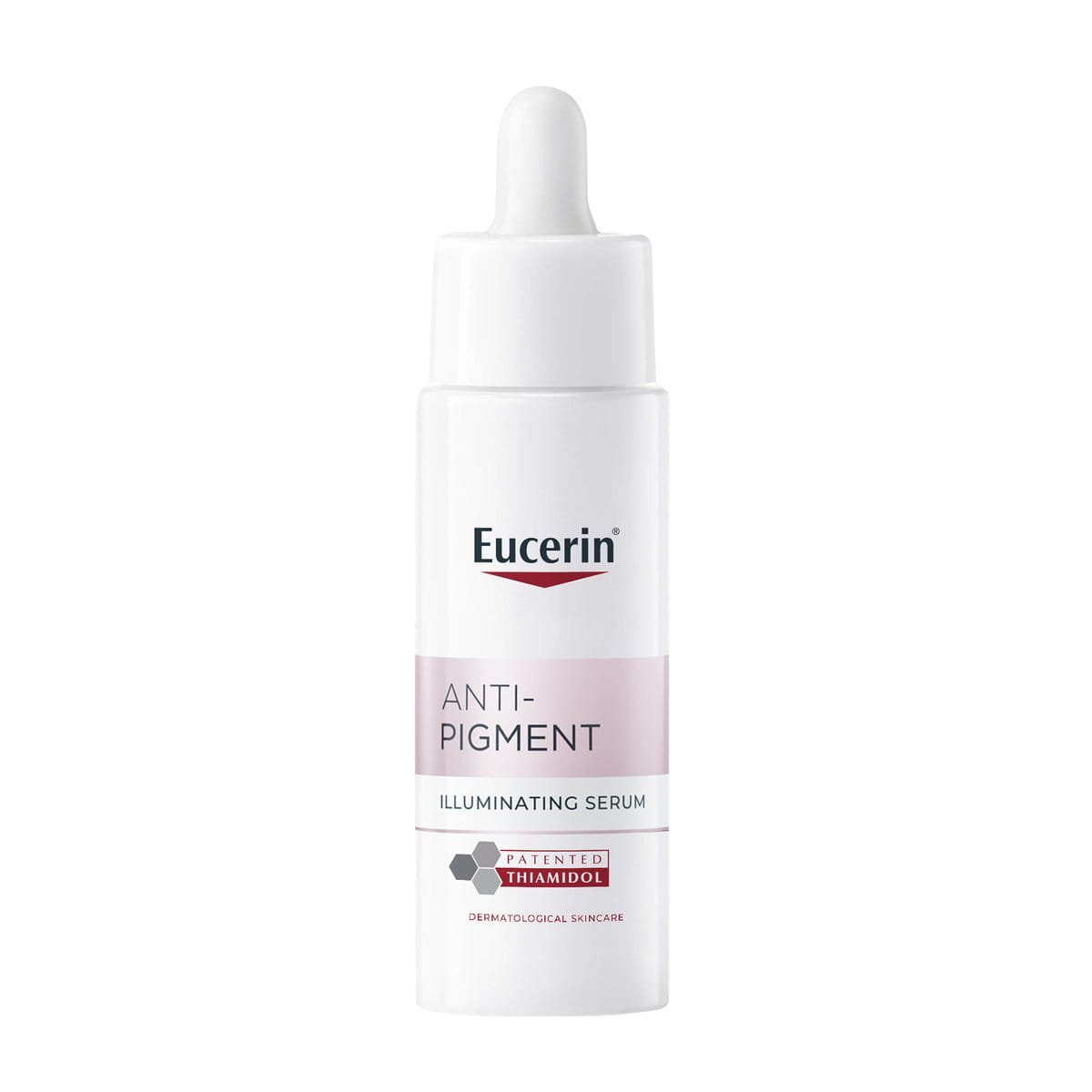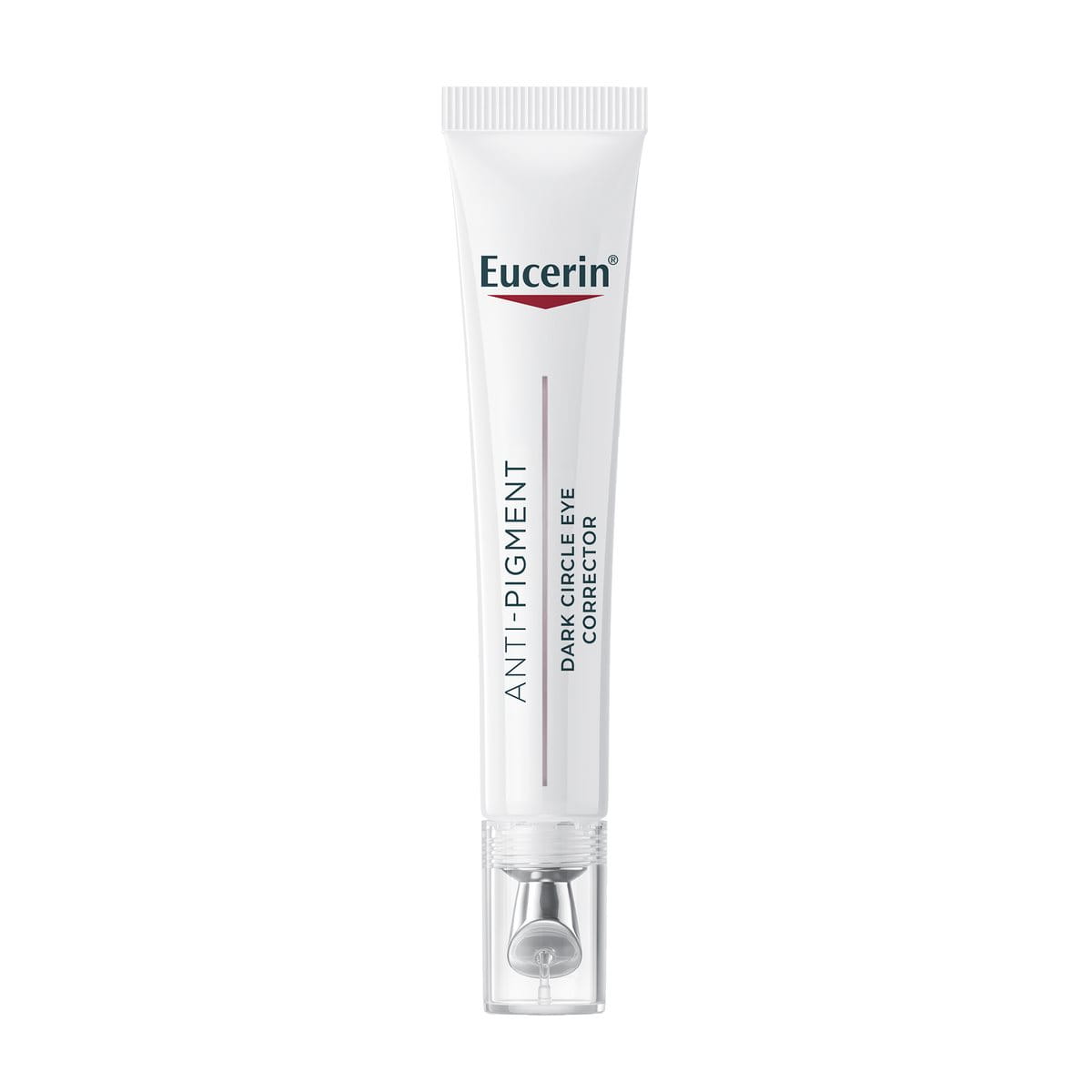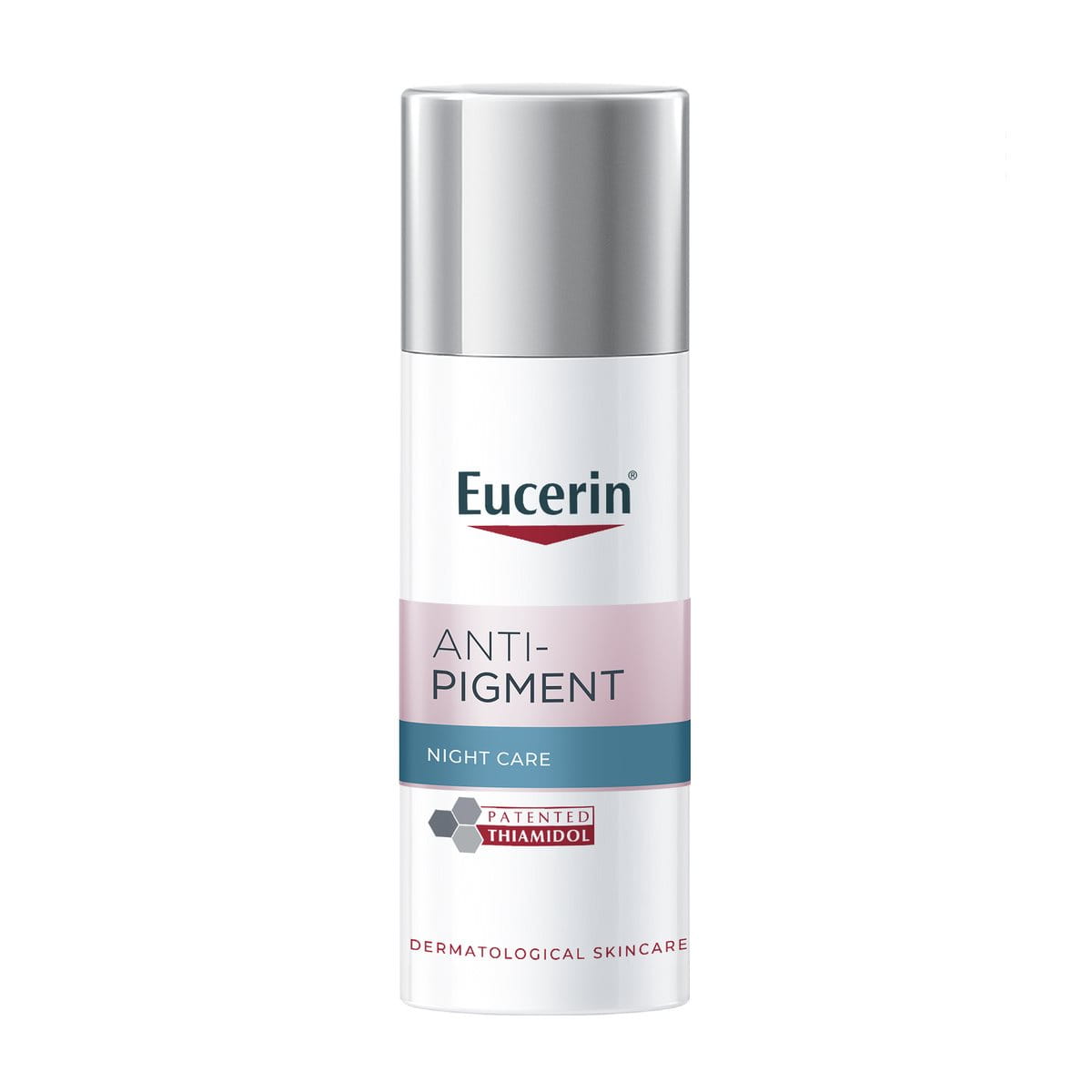Hyperpigmentation treatments, while efficient for your skin, may bring numerous after-effects that may not suit all skin types.
Stronger ingredients such as hydroquinone resolve skin concerns like pigmentation but also leave you with a barrage of complications such as irritation, inflammation, and even the rare gray-blue discoloration.
Considering the holistic well-being of your skin, it becomes very important to ask how to treat pigmentation with minimal side effects. And the answer lies within your skin type.
Keynote
- Hyperpigmentation often manifests in the form of dark spots and patches that can take a toll on your skin tone and self-esteem.
- Your skin type should determine the course of treatment you choose to avoid products that cause further irritations.
- For dry skin, gentle ingredients like Thiamidol, niacinamide, and hyaluronic acid work best.
- Oily skin type benefits from exfoliating ingredients like salicylic acid, lactic acid, and antioxidants like vitamin C.
- Hyperpigmentation treatment for sensitive skin must be chosen carefully. Reactive skin responds well to gentle agents like Thiamidol, jojoba oil, and licorice extract.

